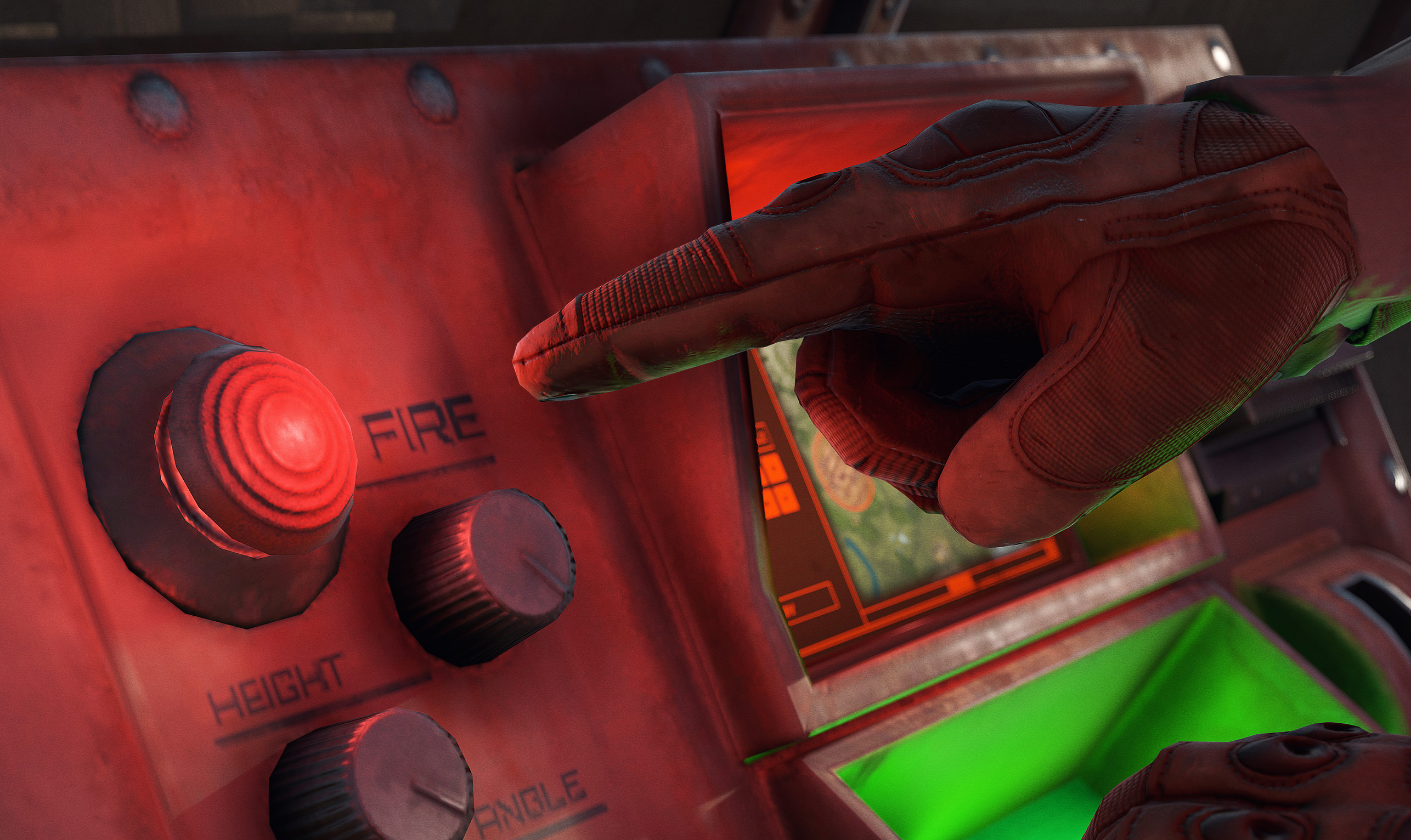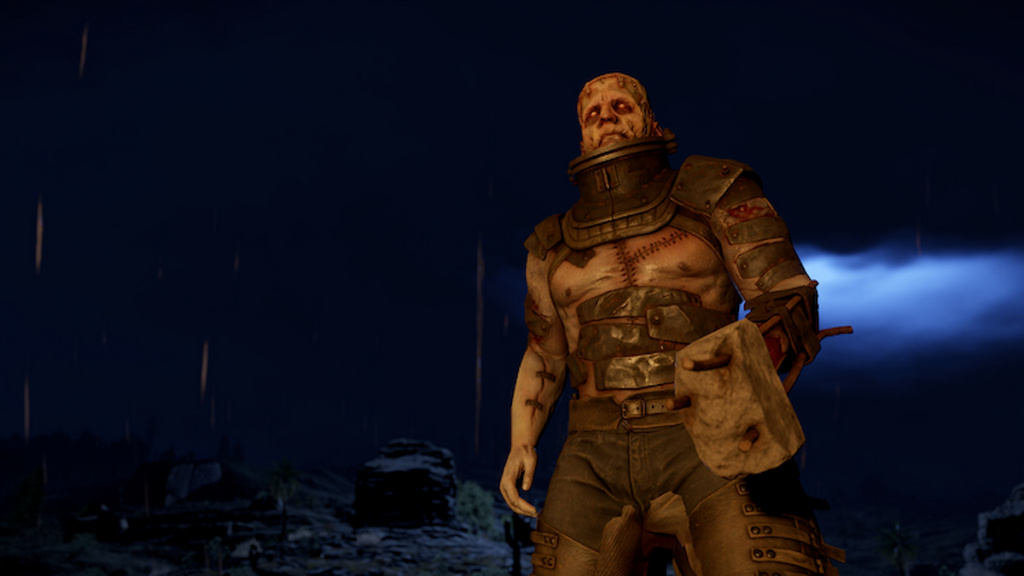
On the advice she gives to unintentional killers about reaching out to victims' families And finally, we regain a measure of self-respect, trust in ourselves and then peace. And we regain a sense of belonging to community we're less isolated. But we can regain a sense of agency and efficacy that we not only do bad things, but we can also do good things in the world. And in doing that, we can never make up for what we did. What's important, I believe, is to do that in honor of the victim and in memory of the victim. So let's use the time we have wisely and try to make the world a better place. Life is fragile, and no one knows it better than us. I try to honor the memory of the little boy that I hit and killed Brian by being the very best person I can. Once the issues of trauma and accountability are more stable and manageable, I think the most important step toward healing and creating some form of peace is to find ways to honor our victims. So when we tell our story, when we talk about it, when we receive support and compassion, we can begin to create that meaning. I believe that these tragedies have no inherent meaning, but we create meaning.

Beyond that, I think it's important to be able to tell one's story. On the types of support that can help people traumatized by their unintentional killingsįirst, I believe that psychotherapy can be very helpful, and I routinely recommend that to pretty much anyone who unintentionally killed or seriously injured someone. I'm not comfortable with really either of those phrases.
#Rust update professional
So out of respect for them in professional settings, I usually use the phrase "unintentional killer." But that's such a harsh word, killer. And from that point of view, like pedestrian advocates and bicycle advocates, object to the use of the word accident. When I talk with people in the situation, I typically use the phrase CADI, which stands for "caused accidental death or injury." However, there are many people who object to the use of the word "accident" because they believe that implies that nothing could have been done to prevent what took place - not only was it unintentional, but that it was unpreventable. On the language she uses around unintended killings But life doesn't always work out that way, and it's very frightening to realize that. We like to believe that good people do good things and bad people do bad things. The whole issue is understudied because it's so terrifying. Hundreds of thousands more unintentionally injure someone seriously enough that they need emergency room or hospital care.

From my own research, I feel very confident saying that a minimum of 30,000 people per year in the U.S. In fact, unintentional killing sadly happens far more often than most people realize. On how often unintentional killings happen We do suffer - and we need to accept responsibility for the harm that was done." Interview highlights

We are much more like perpetrators than we are like victims. "So I always try to emphasize that the fact that we suffer does not make us victims. "We were the agent of another person's death, and that deserves very serious consideration," she says. But she urges people to separate lack of intention from accountability or responsibility. Her group offers sessions for those stricken by guilt, fear and other related traumas. She's a psychologist who founded Accidental Impacts, a support group for people who have unintentionally caused a death or injury. In light of the death of Halyna Hutchins, NPR's Sarah McCammon spoke with Gray again.


 0 kommentar(er)
0 kommentar(er)
